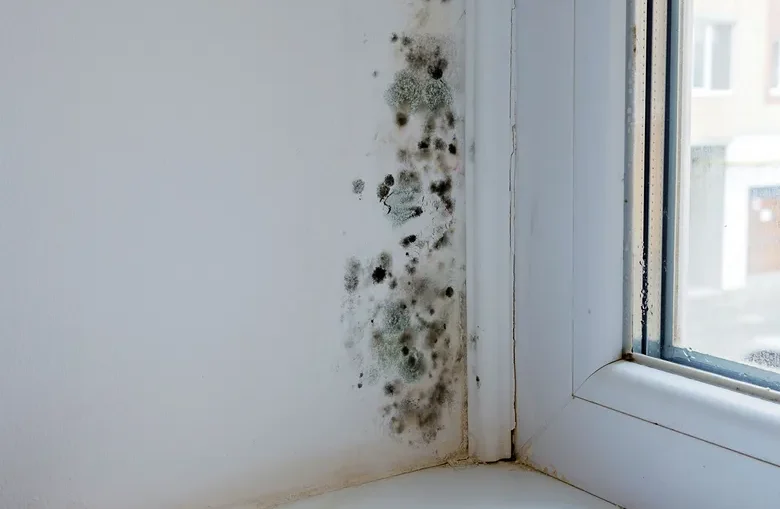Whether it’s the slimy black spots on your shower curtain, or the slick orange film that forms on your kitchen drain, household mold is more than something you should overlook. Mold can grow on walls, clothes, books, toys, and even CDs. It can turn prized possessions into musty relics that only look fit for the garbage. But is it also a health hazard? What effects can mold have on a person’s body?
What is Mold?
Mold is a type of fungus that consists of small organisms found almost everywhere. They can be black, white, orange, green, or purple. Outdoors, molds play an important role in nature, breaking down dead leaves, plants, and trees. Indoors, mold can pose a threat to health. Molds thrive on moisture and reproduce by means of tiny, lightweight spores that travel through the air. Just so you know, it’s inevitable as we’re exposed to mold every day. Exposure to a large number of mold spores may cause allergic symptoms such as watery eyes, runny nose, sneezing, itching, coughing, wheezing, difficulty breathing, headache, and fatigue. Repeated exposure to mold can increase a person’s sensitivity, causing more severe allergic reactions.
Health Effects of Molds
Breathing problems: As mold grows, spores, cells, fragments, and unstable organic compounds can enter the air. They can produce allergens, irritants, and mycotoxins. Some of these can be toxic, especially to individuals who have a sensitivity to them. Also, dampness encourages materials to break down, increasing the volume of particles, or dust, in the air, these particles can also irritate the lungs, nose, and throat, especially in a person who already has a breathing problem, asthma, or a chronic lung condition.
Allergy: A person with a sensitivity or allergy to any mold-related particles may react. Mold allergies can produce similar symptoms to other allergies, such as hay fever, or seasonal allergy. In these, too, airborne substances can affect the upper respiratory tract. Symptoms are similar to what I stated earlier.
People with a mold allergy as well as asthma have a higher chance of having an asthma attack when there is mold in the environment.
Aspergillosis: Some types of mold, such as Aspergillus, can cause a serious health problem, known as aspergillosis in some people. This is an infection caused by mold. Most people can breathe in the spores of this fungus without becoming sick, but people who have a weakened immune system or an existing lung disease can have a severe reaction.
Bacteria: Mold can also trigger the production of microbes and bacteria. Exposure to these bacteria may trigger an inflammatory response in some people, according to the World Health Organization (WHO).
The WHO also notes that mold and the microbial agents it produces may increase the risk of bronchial and fungal infections.
So there you have it, some basic causes of molds. Next time I’d take you through steps on how to control molds in the household!



